It was a spring morning in Cumbernauld in the mid-1990s when I first met Ken Buchanan, and he wasn’t in the best of health.
Indeed, he even apologised for not being as nimble on his pins as the boxer who had feinted and shimmied to the top of the world a couple of decades earlier, but that didn’t diminish the sense of talking to one of the great figures in his domain; a man who shared stories about such diverse figures as Muhammad Ali, Princess Anne and the “Famous Five” Hibs footballers who had captivated his imagination as a teenager.
Legend is a much-overused word in sport, yet it genuinely applies to Buchanan, whose death at the weekend at the age of 77 was the catalyst for a series of effusive tributes from his peers and those fortunate enough to spend time in his company.
In the end, dementia claimed him, after cruelly dimming his memories.
But nothing will ever detract from the magnitude of what this talismanic figure achieved – and how it might have been even greater if he had been dealt a fair share of the cards.
Jock Mcinnes a Black Watch veteran, wrote the book, My Pal The Boxing Legend, which detailed the beery camaraderie and sweaty comradeship which developed between these two Scots. But it also highlighted the grievous toll of pain and privation suffered by Buchanan, a man with a million buddies whom he could fit into a phone box.
Fell in love with the ring
More than five decades may have passed since the wiry, indefatigable competitor travelled to Puerto Rico, where he defeated Ismael Laguna, the world lightweight champion from Panama. But it was the crowning moment of a pugilistic career which began on a summer’s afternoon in 1953 when his father, Tommy, took him to see the Joe Louis Story at an Edinburgh cinema and the youngster fell in love with the ring.
Whether overcoming temperatures of over 100 degrees to best Laguna, or trouncing Ruben Navarro in Los Angeles five months later, there was an unstinting dedication in his disposal of rivals such as Donato Paduano, Mando Ramos and Carlos Hernandez.
That was in the build-up to one of the most notorious tussles in fistic history at Madison Square Garden, where Buchanan, pitted against the Panamanian Roberto Duran, competed so perseveringly and courageously that the South American eventually rammed his knee into the groin of his adversary, leaving him unable to continue.
Duran blow still hurts after all this time, Buchanan told me
To many of the throng, it was a blatant transgression – but Buchanan had grown accustomed to dealing with life’s slings and arrows and occasional low blows.
As he told me: “Ach, it’s a hell of a long time ago now, but it still hurts. It had been bloody hard graft seizing the world championship from Laguna and holding on to it for two years, because this was at a stage when any one of half-a-dozen guys would have been good enough to win a world title today. And Duran always refused a rematch.
“But, on the other hand, there were a stack of tremendous stories as well, including one occasion when I met Muhammad Ali in New York in 1970, and we shared a room together before the fight.
“You know how? Well, whilst we were at the weigh-in, Angelo Dundee came up to me and said: ‘Ken, is it okay if Ali shares your dressing-room?’
“I said to Dundee: ‘You’re kidding, right?’
“But no, he was deadly serious, and Ali and I swapped banter and jokes and warmed up together prior to our contests.
“There was also one night in 1971 when I was named the British Sportsman of the Year. Princess Anne collected the women’s award – and the pair of us danced together.
“Anyway, like a fool, I found myself telling the princess: ‘Don’t worry, hen, dancing is in my blood’. Well, after a couple of minutes shuffling around with not a shred of co-ordination, she spoke through clenched teeth: ‘You must have a circulation problem then, because it hasn’t reached your feet.”
Mcinnes looked after Buchanan after his decline and the passages about how the boxer slipped into a twilight world during the Covid pandemic are among the most affecting.
A lot of so-called “friends” had disappeared, but Mcinnes was there with his confrere.
He recalled on one occasion: “I was a wee bit early arriving at the care home, so I sat outside reading a newspaper. Then, five minutes later, a care worker came out, and said: ‘Ken is having a coffee and is ready for you now’.
“Then we sat down and caught up on life.
“During our chat, I asked him if he wouldn’t mind signing a glove for me. It was for a big fan up in Aberdeenshire, by the name of John Boyce. He replied: ‘Aye, no bother pal, it wouldn’t be a visit without you getting a couple of signatures’, and laughed to himself.
“During the visit, Ken said he was cold, so one of the carers put a wee blanket around him. The time had flown.
“However, I had already asked to come back for another visit and the senior career told me that would be fine.
“Ken gave me a fist pump to say goodbye. Normally, it would have been a big bear hug.
“But, as Bob Dylan said: ‘The times, they are a-changing’.”
Buchanan didn’t have his troubles to seek. But his place in the pantheon as Scotland’s greatest boxer is unquestioned.
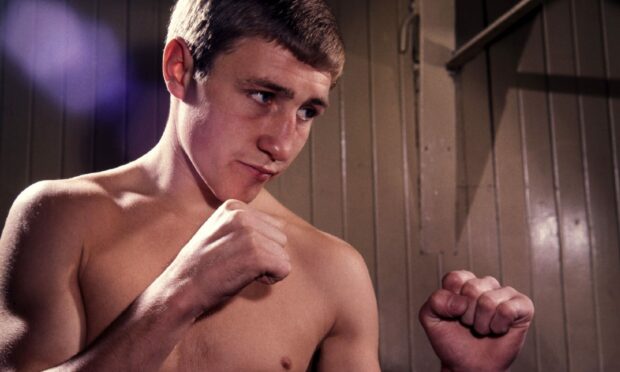
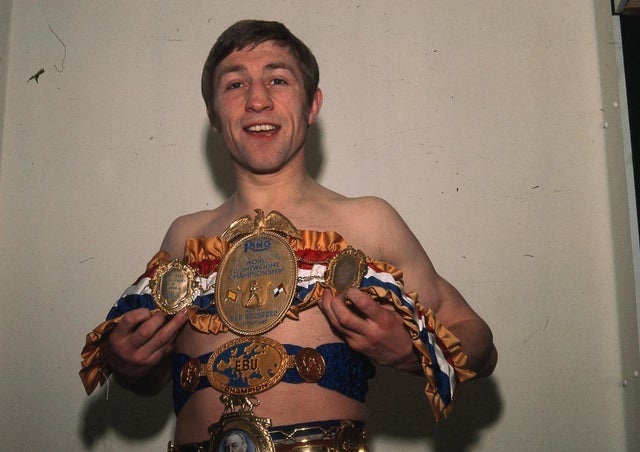
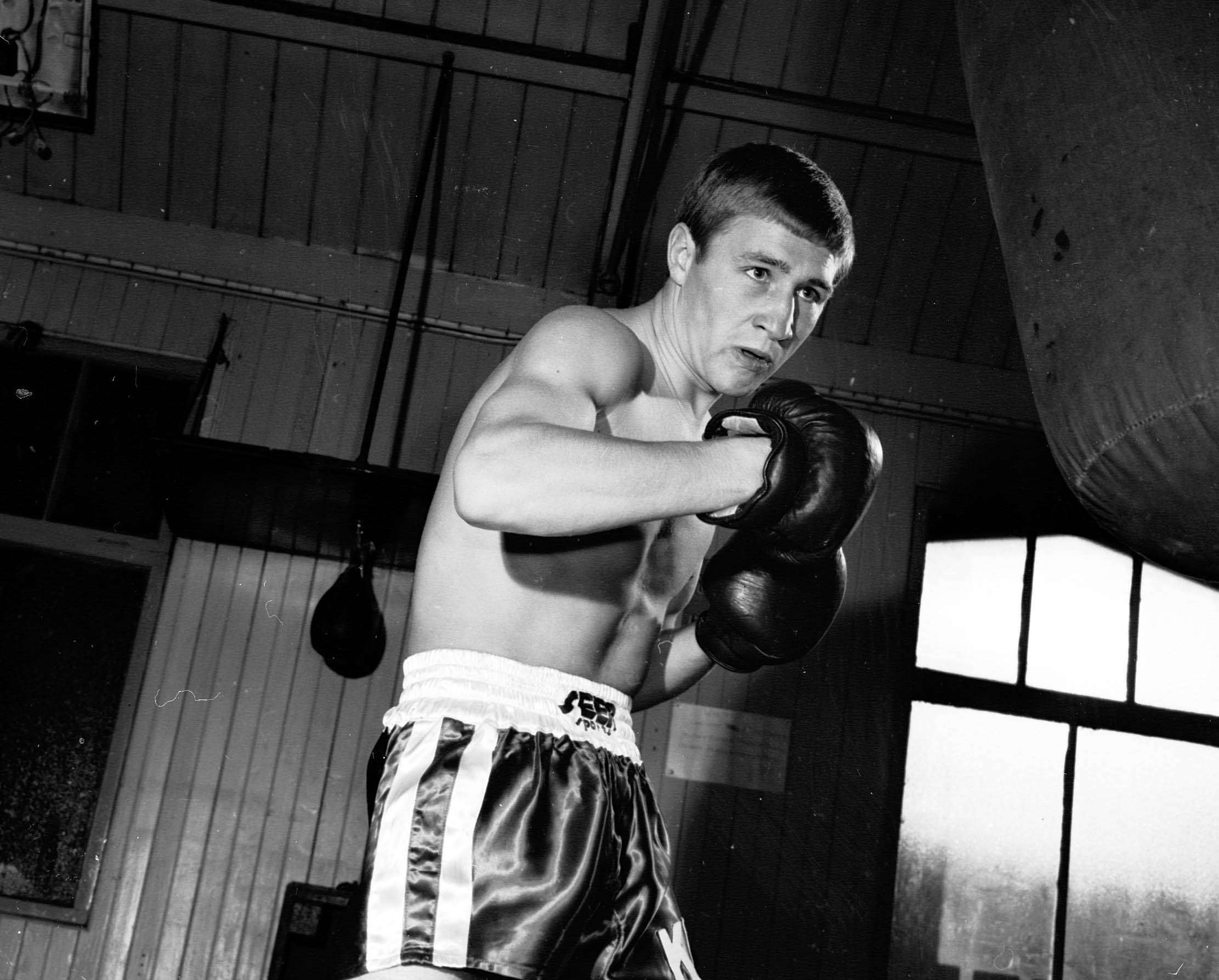
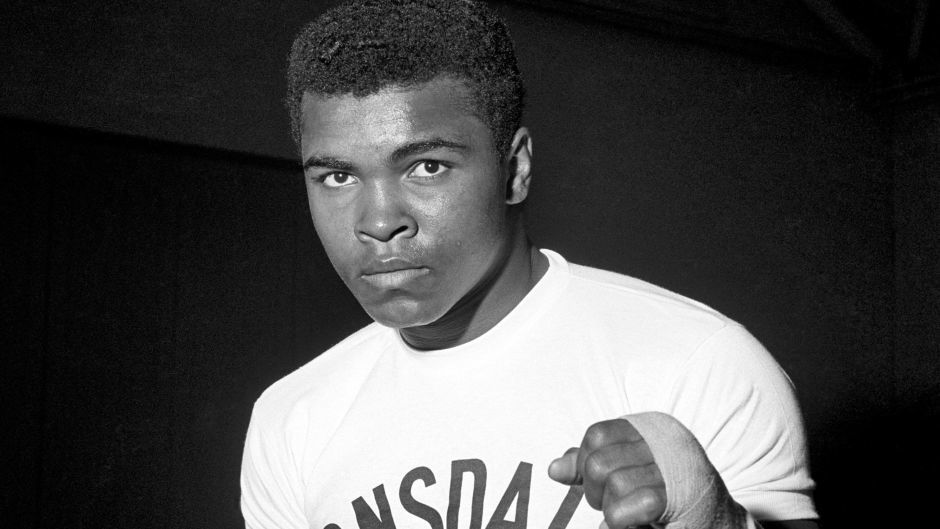
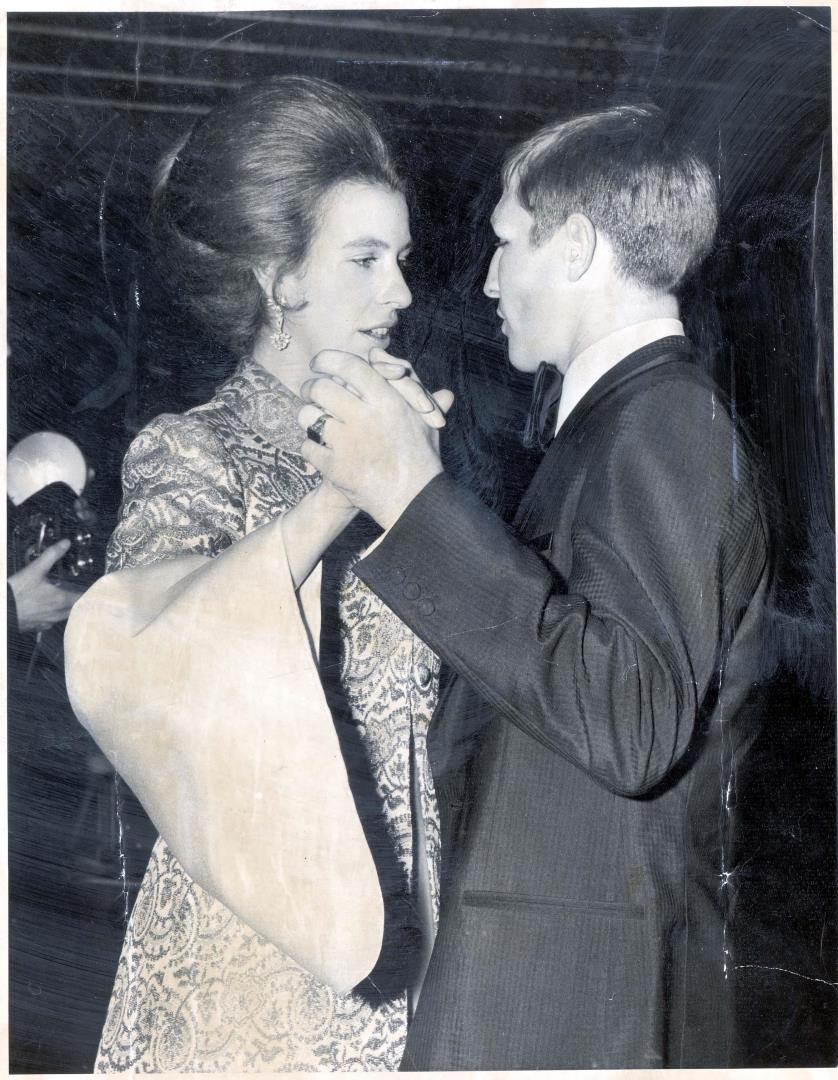

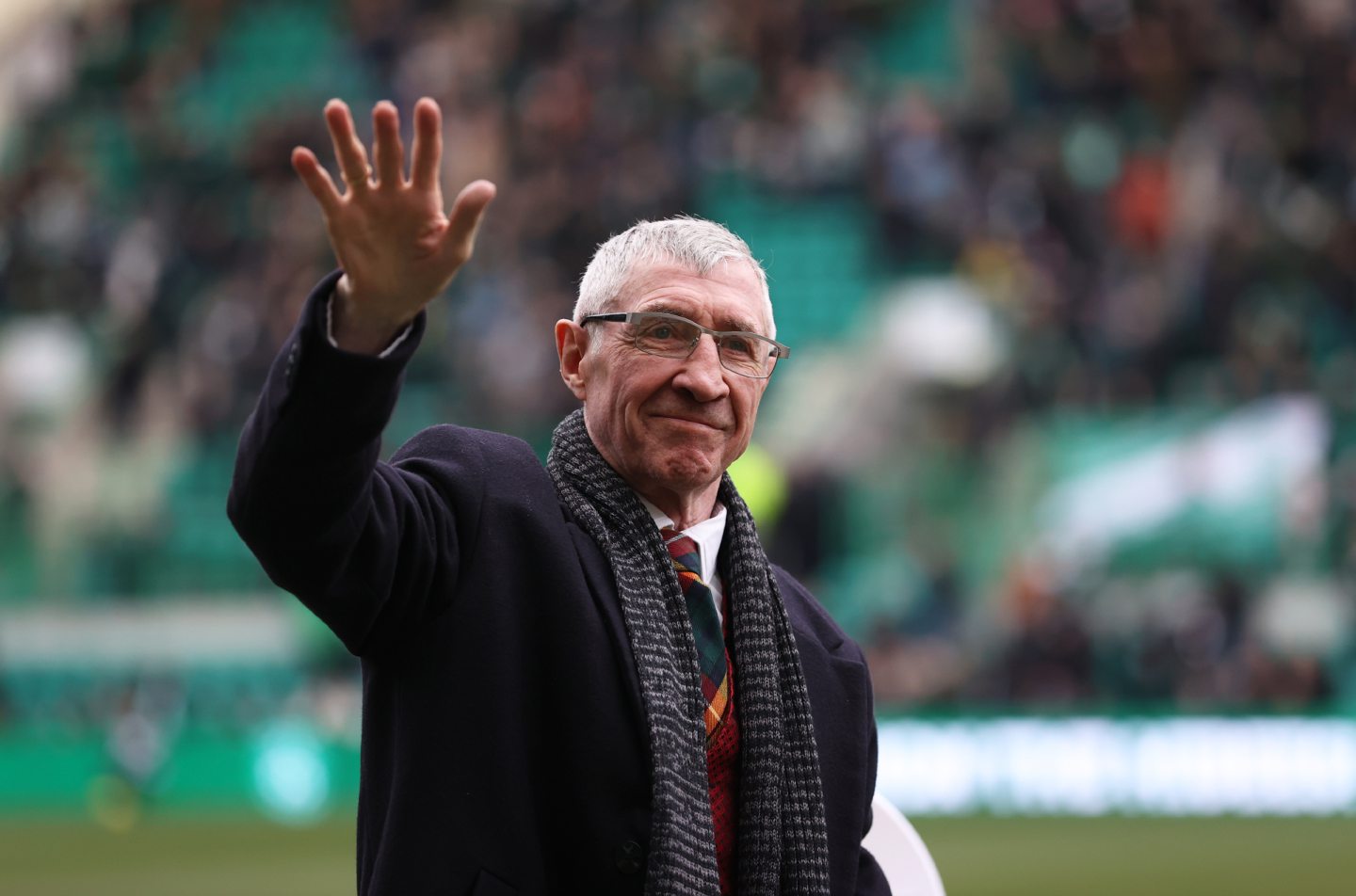
Conversation